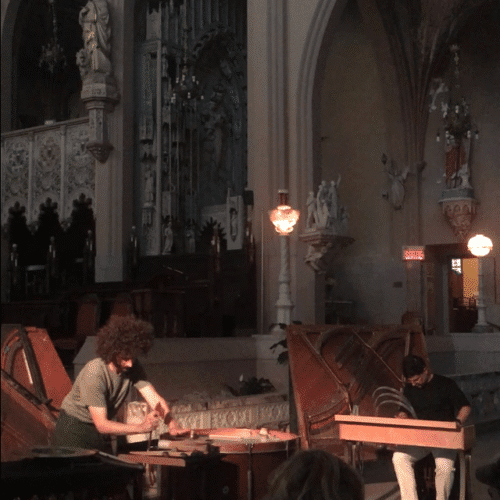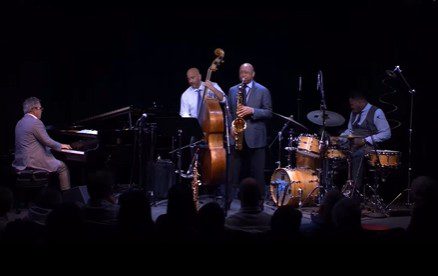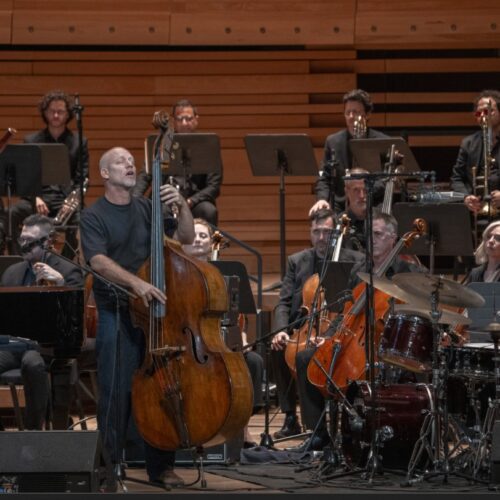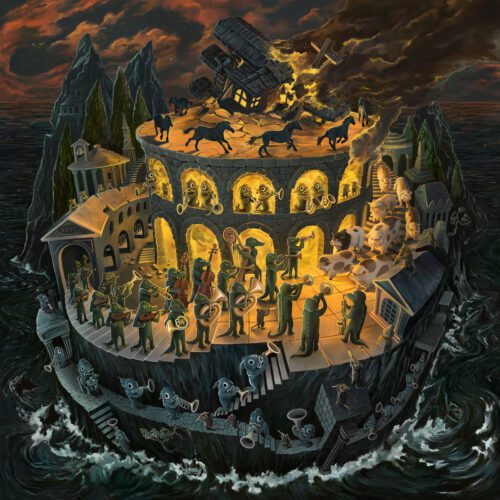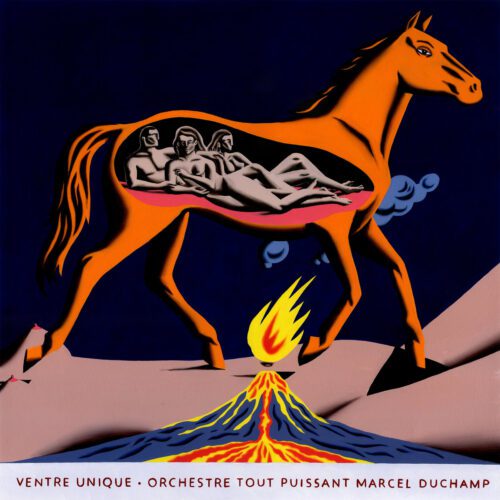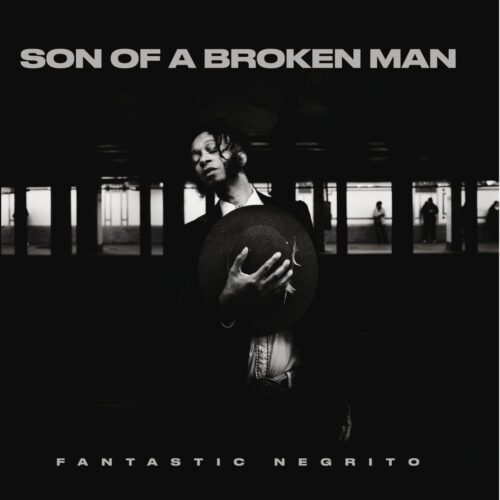Julien Proulx, artistic director and conductor of the Orchestre symphonique de Drummondville, had to react quickly to current events. “Quite quickly,” he says. “I planned a completely different season and postponed our planned season, because it was huge and it wouldn’t have made sense for it to be presented in a piecemeal fashion.”
“We’re probably going to be exploring throughout the year,” Proulx continues, “with, maybe towards the end, one or two shows where we’re really going to get back into the venue.”
Is a conventional concert following the guidelines of distancing from public health possible?
“Basically, no. Our audience appreciates our Great Concerts series, they know the hall well, they know the orchestra well. In that kind of situation, they would be faced with a much less interesting situation. It’s going to be colder, it’s going to be less crowded, it’s going to be a smaller orchestra. That’s why I took the gamble of exploring other places, maybe bigger, where the distance would be easier to manage, where families could come and see the concerts.”

The head of the OSD does not think that the technological shift is a solution that applies to everyone.
“The issue of our ability to continue to live as a community,” he says, “is different depending on the size and mission of the community. In Berlin, New York, and even closer to home with the Orchestre symphonique de Montréal and the Metropolitain, we knew that these ensembles would move towards broadcasting and streaming, among other things. I do not believe that the OSD’s mission necessarily lies there. What’s important and interesting for us and for regional orchestras in general is to meet people. We will go out and connect with them in the city, in the parks, in chamber groups or in small orchestras.”
Proulx raises the stakes:
“Yes, we want to reach out to the people and occupy the territory, but we also want the musicians to live musically as well. With a few exceptions, orchestral musicians in Quebec are contractual freelancers, and the current structure of cultural organizations is such that, in an emergency, the people who can be tossed aside to save the furniture are precisely those who make the music, which makes no sense. In our way of subsidizing art, we subsidize institutions and offices. I felt it was my duty, whatever the cost, to give musicians jobs.”
Proulx is also the artistic and musical director of the Chœur de la montagne, one of the largest amateur choirs in the province.
What about that side of things?
“Non-professional choirs face several problems. First of all, the purpose of singing in an amateur choir is to be with friends and acquaintances. It’s singing collectively, it’s a social bond. So, singing two metres away with plexiglas, I don’t know if that’s workable. Secondly, it’s about numbers. There are 95 of us in Chœur de la montagne. We may have a big space, but we’ll have to find other solutions. The big issue is also the risk because of age. The average age of the choir is 65, which is likely the case with the majority of amateur choirs in Quebec.”
Is there a solution?
“We’re still thinking about what we can do so that when we start up again in a year’s time, we’ll be in better shape than we are now. I continued to hold Zoom meetings with the singers, where we talked about music, theory, and listened to works. We’re going to do a survey among them to find out what kind of courses they would like to take – courses in music theory, music literature, pronunciation, and even piano lessons, so they can accompany themselves while singing. Then we could make small groups, divide the choir into several ensembles. If we don’t do anything, we lose a year, and I don’t want that. For sure it’s a big issue, that’s why we make sure we have lots of plans and possibilities and that we can adapt quickly.”
